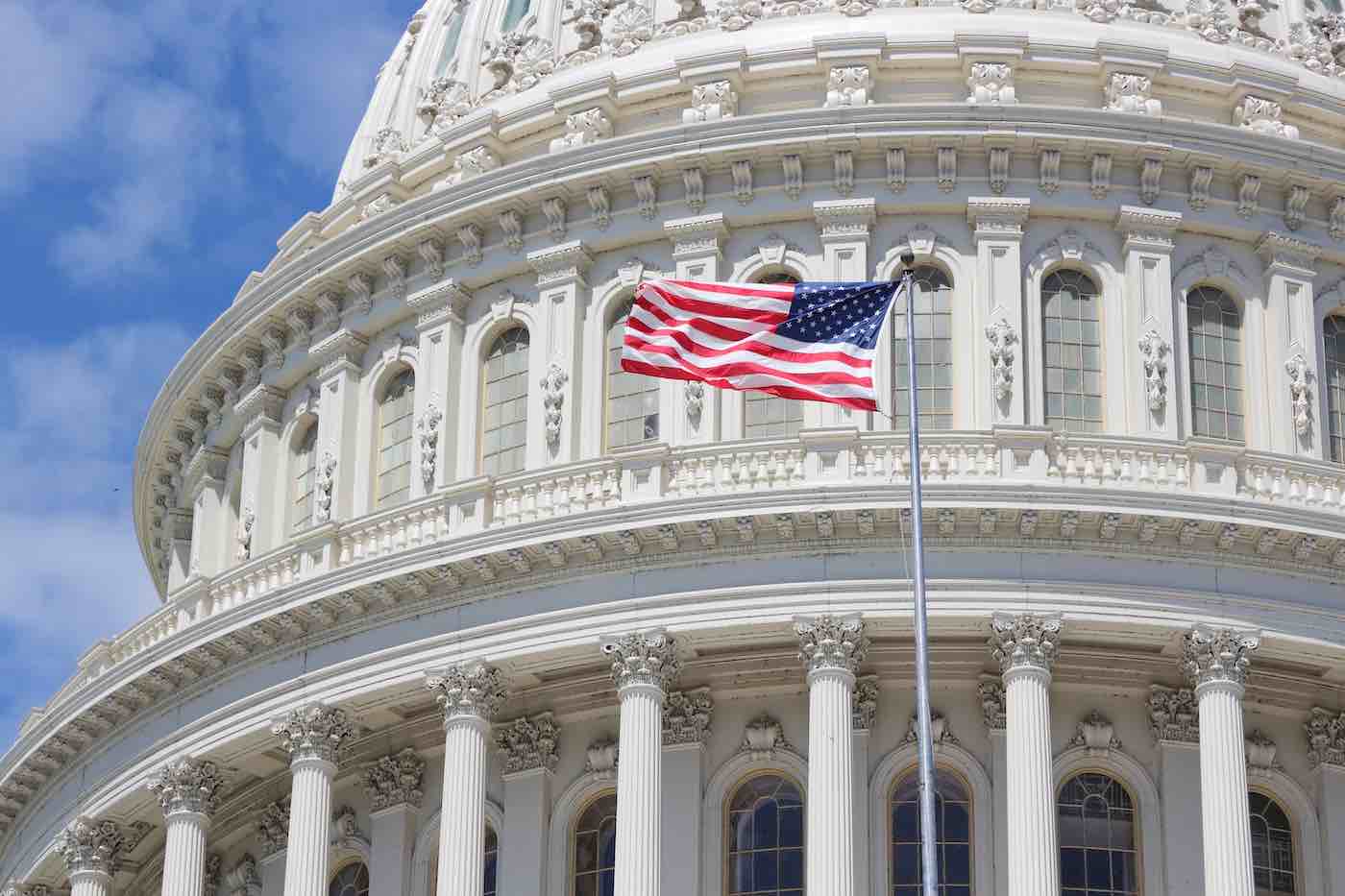ImpactAlpha, Jan. 4 – President-elect Joe Biden has pledged to ramp up the U.S. response to climate change. The massive spending and stimulus bill signed into law late last year represents a down payment.
The legislation – which delivers a second round of COVID relief to families, small businesses and community lenders and $1.4 trillion in omnibus spending – also includes $35 billion over five years for clean energy, including $1 billion for energy storage, $1.5 billion for solar and $450 million for carbon capture technology. Solar investment tax credits were extended and a new 30% tax credit created for offshore wind projects that begin construction by 2026. There is also $300 million for broadband infrastructure in rural and tribal areas and to help low-income families cover Internet bills.
Return to Kigali. Another notable inclusion: curbs on hydrofluorocarbons, potent greenhouse gasses used in refrigeration and air conditioning systems. The legislation requires companies to reduce HFCs to 15% of 2012 levels by 2036.
That would bring the U.S. into compliance with the Kigali agreement, a pledge signed by 197 nations in Rwanda’s capital in 2016 to phase out HFCs that the Trump administration never ratified.
Sunlight. There was also good news for governance. The Corporate Transparency Act will put an end to anonymous shell companies that have been used by bad actors to launder money, evade taxes and disguise pay-offs. The law requires most new and existing nonpublic corporations and LLCs to identify their real owners with the Treasury Department, closing a gaping loophole in U.S. law.
Excluded: Private equity firms and hedge funds, which successfully lobbied for an exemption. The CTA is part of the National Defense Authorization Act, which became law after Congress overrode a veto by President Trump, a prolific user of shell companies.











